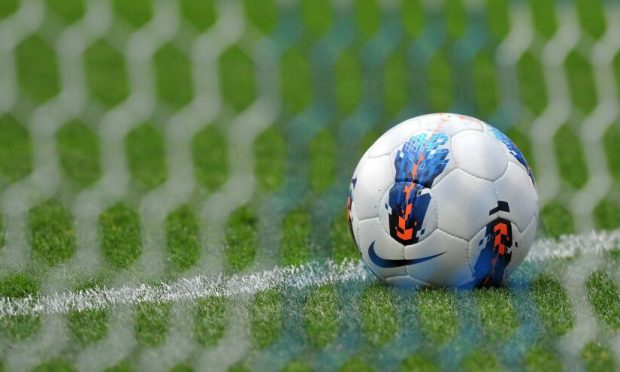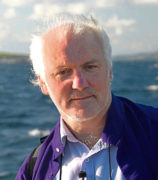I quite like football. And I liked it even better when I discovered that unlikely figures also liked it. AJ Cronin for example, who gave us Dr Finlay’s Casebook back in the day, and Sir Arthur Conan Doyle, who created the legend that is Sherlock Holmes. He played in goal for Portsmouth Association FC.
Not to mention the great French existentialist writer Albert Camus who played in goal for Racing Universitaire d’Alger, with whom he won the North African Champions Cup, before going on to win the Nobel Prize for Literature.
Cronin was a Scots lad o pairts who did well for himself. Born in Cardross on the banks of the Clyde, his father died young so he was brought up by his mother in Dumbarton, before he went to train in medicine at Glasgow University.
But when his first novel, Hatter’s Castle, made him an overnight success he gave up being a GP, moved to Hollywood and eventually, Switzerland. But still the highlight of his week was always on Saturday, checking how Dumbarton had played at Boghead. They usually lost.
I’m sure literature and writing are the same game: puzzling out what to do, given the players and the space before you. No wonder that another football aficionado and Nobel Prize winner Jean-Paul Sartre said: “In a football match, everything is complicated by the presence of the other team!” True.
I once played at Hampden Park in the Scottish Cup, for Edinburgh University against Queen’s Park. We lost 1-0, though we missed a penalty. They should have asked me to take it. After that, I had a trial with the mighty Hamilton Academicals when the legendary Davie McParland was manager. I was invited down to play against Auchinleck Talbot on a snowy winter’s night in darkest Ayrshire. Not just snow, but also a swirling fog, so that the referee (like the players) couldn’t see further than a few yards.
That’s why I don’t blame him for not seeing that knee into my spine in the first minute, followed by another knee into my groin the next. I decided I preferred poetry to penalties after all.
Not that football isn’t poetry. It has to do with rhythm and tone and texture and narrative, even though these beautiful things are often reduced to tackles and shoves and yellow and red cards. But artists such as Messi rise above that kind of cluttered prose.
I was brought up in the days of the leather football, which weighed a ton when it rained (always) and which damaged your head if you were daft enough to head it. But it’s what Roy of the Rovers did, so we did too.
And when the ball burst and out came the bicycle-repair kit and the Copydex and the glue and the pump and the ball would survive another glorious goal or two, until it burst again. Then there was the best part of the game as we walked home and talked about the match and how that first goal Fatty Morrison scored wasn’t in any way because it had gone over the jacket-post and that other goal Murdo scored was well over the (invisible) bar and anyway they had counted wrong and the right score was 38-37 for us, not 39-35 for them as they wrongly claimed. None of us could do Sums anyway.
I now know that all the greats of the world played that way – tanner-ba’ fitba on the city streets or in the sand in Brazil or Africa, from where geniuses such as Jimmy Johnstone and Diego Maradona and Sadio Mane all emerged. Turning in tiny spaces.
The great David Silva, who has just retired from Man City, practised with an orange and potato when he was a bairn, before he could afford a football.
My teenage son plays football and when I watch him training it’s a whole new world. Warm-ups and kits and endless exercises and triangles and stretches and warm-downs with proper moveable goals and cones and nets and everything.
That’s instead of a couple of jackets and – holy of holies – two upended boat oars and a rope crossbar and a fishing net which my dad once put up for us. How easily Wembley or Pittodrie was built in those days.
The worst thing I see is the increasing professionalisation of children’s sports. Coaches and parents bawling on the sidelines, so that kids are afraid to hold and have the ball in case they make a tactical mistake or disobey instructions. Children are fairer by nature: they want to enjoy themselves, which is freedom.
Maybe, after all, football is easy. I think it was Jurgen Klopp who said recently that it’s a simple game: the whole point is to have the ball and put it in the net and if you lose it, run as fast as you can to get it back.
Easy, eh? As if there’s no difference between Brechin City and Barcelona. There is. You get better pies in Brechin. Though not half as good as yon bridies down the road in Forfar. Discuss.
Angus Peter Campbell is an award-winning writer and actor from Uist.

